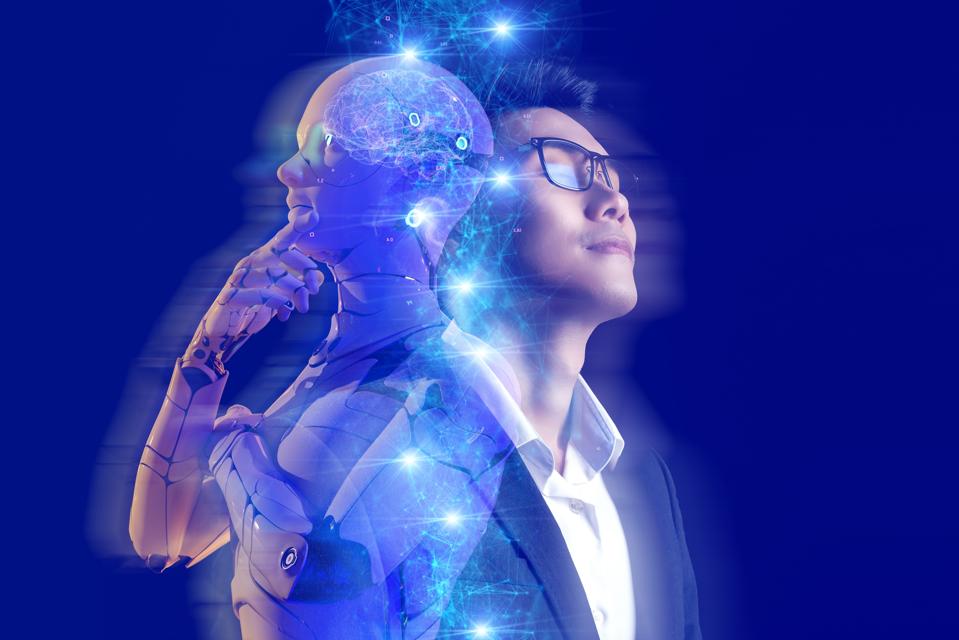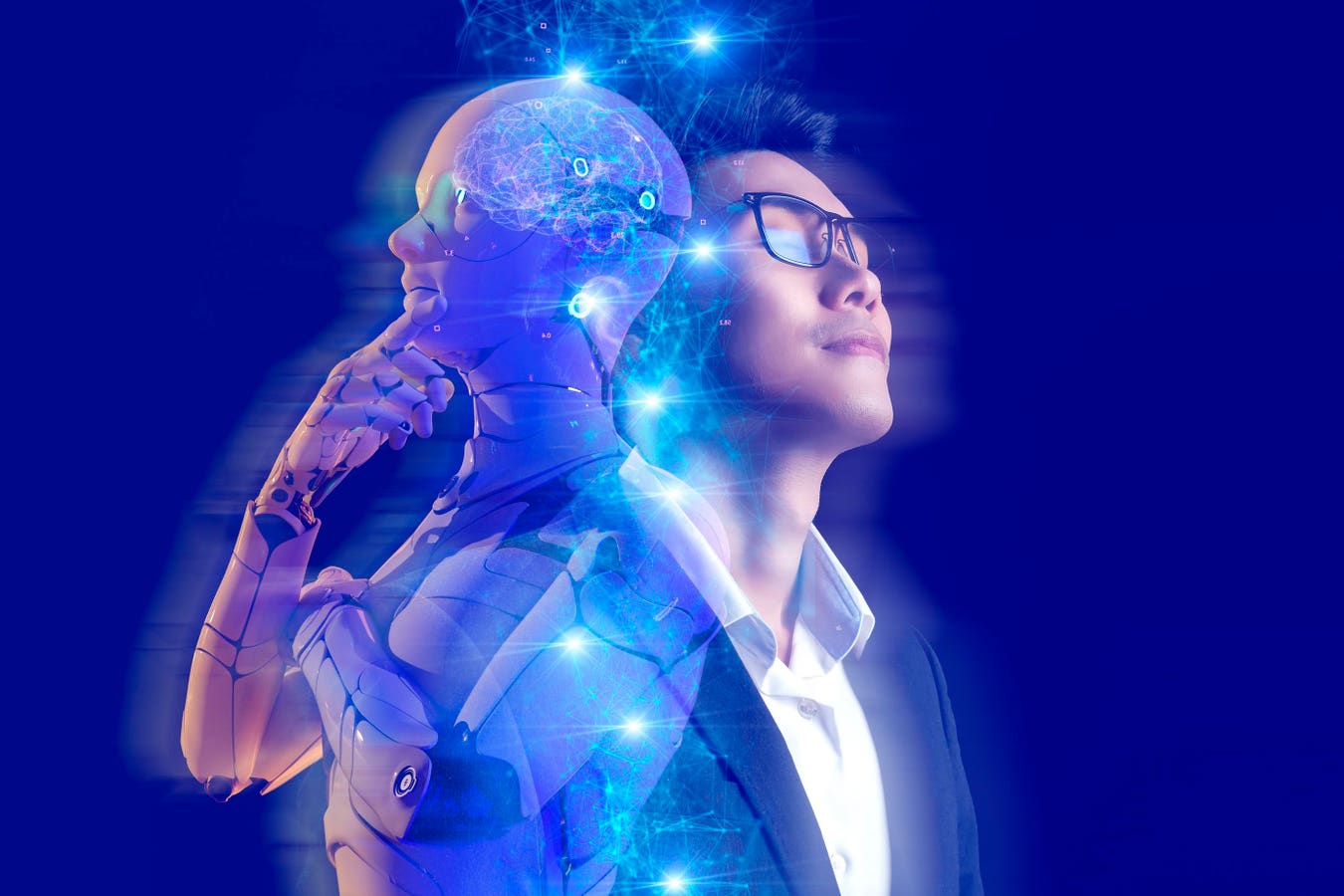
AI can’t replace nor replicate the uniqueness of humans.
getty
AI has moved from the margins to the mainstream. Nearly every American has now heard of it, and more than one-third already use tools like ChatGPT in their daily lives. Yet familiarity has not spawned comfort. According to new Pew Research data, half of Americans say they are more concerned than excited about the rise of AI, and about six in ten want more control over its use in their lives.
This paradox perfectly captures the workplace challenge that leaders face. On the one hand, AI promises efficiency, speed, and scale that no human workforce can match. On the other hand, it raises doubts about trust, creativity, and the very skills that distinguish people from machines.
The question is no longer whether to adopt AI, as that decision has already been made. The real question is: how will organizations deploy AI without eroding the unique human traits that drive innovation and trust?
The Erosion Concern: What People Fear Losing
When Americans consider the impact of AI, their greatest fear isn’t malfunction. Instead, it’s erosion. Pew’s survey shows 53% believe AI will make people worse at thinking creatively, and half believe it will weaken the ability to form meaningful relationships.
For organizations, these are not peripheral concerns. Creativity is the engine of innovation, and relationships are the foundation of culture, collaboration, and trust. If employees believe those muscles are at risk, morale and engagement will suffer. And if customers think that AI weakens creativity and connection, brand equity erodes equally.
Adopting AI without guarding these distinctly human capabilities risks stripping away the very advantages that make organizations competitive.
The Trust Gap And Its Leadership Implications
Trust is the next domino. Pew found that 76% of Americans believe it is vital to know whether AI or a human created content. Yet more than half admit they aren’t confident they can tell the difference. This situation may appear to be a content issue, but it signals something larger.
If people already feel uncertain about a text or image, that skepticism will only intensify as AI becomes integrated into products, customer service, financial reports, and even leadership communication. In a world where authenticity is in doubt, trust becomes the most valuable and most fragile currency.
Human Differentiation As The Real Competitive Advantage
As AI advances, its capabilities will increasingly become commodities—tools that any company can buy and implement. The true differentiator and separator will be human capital.
Judgment in gray areas, imagination that sparks breakthrough ideas, empathy that builds loyalty and culture, and storytelling that moves people to act are the skills algorithms can’t replicate at scale. And they are precisely the abilities Americans fear AI will rot.
The very skills seen as under threat are becoming the rarest and most valuable currency in business. Leaders who invest in strengthening them will create a potential moat around their organizations that no AI platform or competitor can cross.
Amplifying Humanity With AI
The challenge for leaders is not choosing between AI and people, but instead, designing systems where each strengthens the other. And that starts with three key principles:
- Utilize AI as infrastructure: Deploy it to eliminate friction, process data, and handle repetitive tasks, thereby freeing people for higher-value work.
- Invest in human development: Create environments that encourage creativity, deepen collaboration, and cultivate relational intelligence among employees. Over-automating risks stripping away the very experiences that shape judgment and trust.
- Lead with responsible governance: Establish guardrails and disclosure standards that turn transparency into a competitive asset rather than a compliance exercise.
By treating AI as a foundation and humans as differentiators, leaders can scale efficiency while elevating the qualities that make their organizations trusted, resilient, and innovative.
The Defining Choice With AI
AI’s influence is not slowing down, and its efficiency improvements are undeniable. But efficiency alone does not create enduring and unmistakable enterprises. What separates organizations that thrive from those that merely exist is the ability to cultivate what machines can’t on their own: judgment, imagination, empathy, and trust.
Treat AI as the differentiator, and the advantage will be temporary, quickly matched by competitors with similar tools and resources. Treat people as the differentiator, and the advantage becomes long-lasting and rooted in qualities no technology can replicate.
AI is the commodity, and humanity is the differentiator. And for leaders, this is the defining choice with AI: those who recognize it as a backdrop, not a replacement, will not only win markets but also earn the confidence and loyalty that sustain organizations for the long term.
